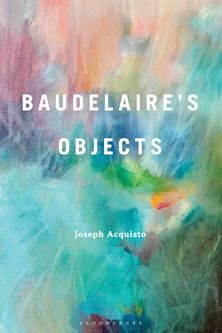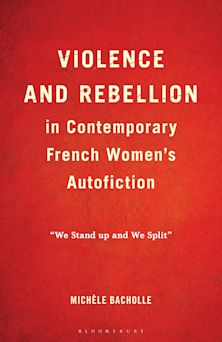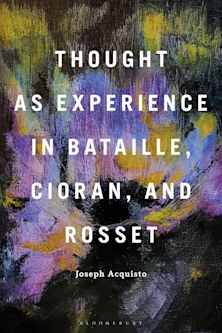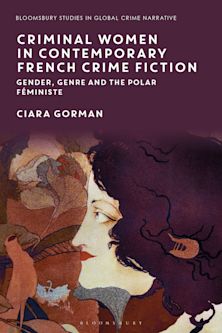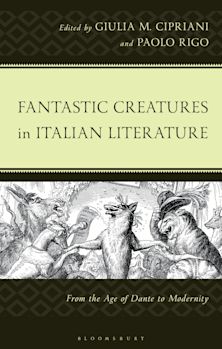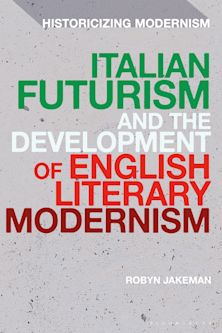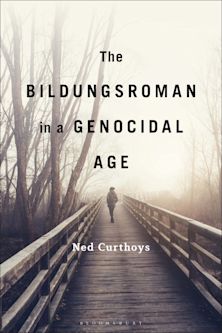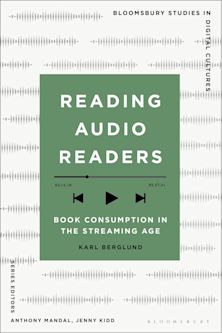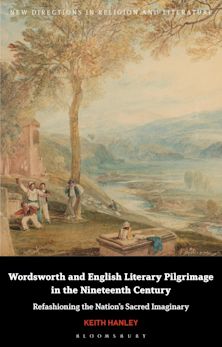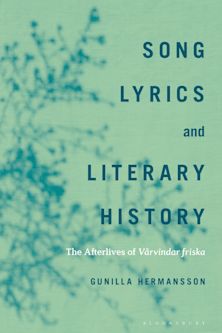Tasting Religious Thought and Experience in Late-Medieval English Literature
Tasting Religious Thought and Experience in Late-Medieval English Literature
This product is usually dispatched within 1 week
- Delivery and returns info
-
Free CA delivery on orders $40 or over
Description
Through an analysis of vernacular metaphors of food and consumption for religious experience and theology in late-fourteenth and early fifteenth century England, Caleb D. Molstad explores what that language reveals about late-medieval religion during a time of swift religious and linguistic change.
In the move from Latin to Middle English, medieval authors gave vibrant expression to religious ideas through the emerging literary language, a phenomenon Nicholas Watson has termed “vernacular theology.” Molstad places focus on poetic and prose works including William Langland's Piers Plowman, Nicholas Love's A Mirror of the Blessed Life of Jesus Christ, and Walter Hilton's Scale of Perfection, Pearl-Poet's Cleanness, and A Ladder of Foure Ronges. Alimentary metaphors not only make religious concepts more accessible to a non-educated, lay audience, the language of food and consumption alters the shape of the religious content communicated through it. This book employs cognitive linguistics and food studies to explore the transcultural, sociological, anthropological, and historical significance of the food and foodways behind the metaphorical language and the theological transformations the metaphors produce.
Table of Contents
List of Abbreviations
Introduction
1. Hunger and the Hungry: Just Distribution of Food in Piers's England
2. Hungering for Knowledge: The Dangers of Uncontrollable Appetite
3. Transformative Reading: Consuming Texts in Late-Medieval England
4. Cleanness and Courtesy: Making an Aristocratic Identity at Table
Conclusion
Bibliography
Index
Product details

| Published | Feb 05 2026 |
|---|---|
| Format | Hardback |
| Edition | 1st |
| Extent | 216 |
| ISBN | 9781666979701 |
| Imprint | Bloomsbury Academic |
| Dimensions | 229 x 152 mm |
| Series | Studies in Medieval Literature |
| Publisher | Bloomsbury Publishing |
Reviews

ONLINE RESOURCES
Bloomsbury Collections
This book is available on Bloomsbury Collections where your library has access.













